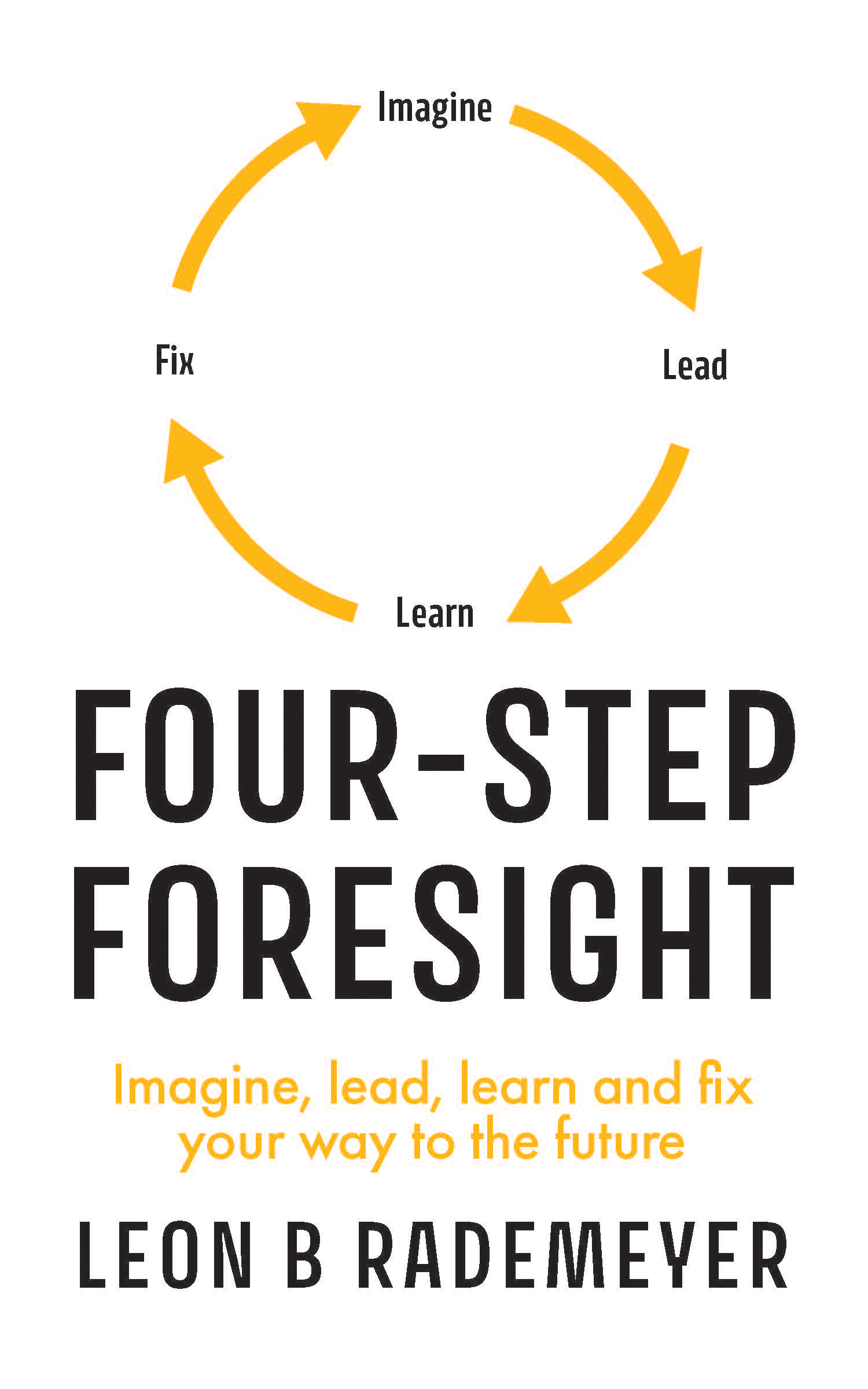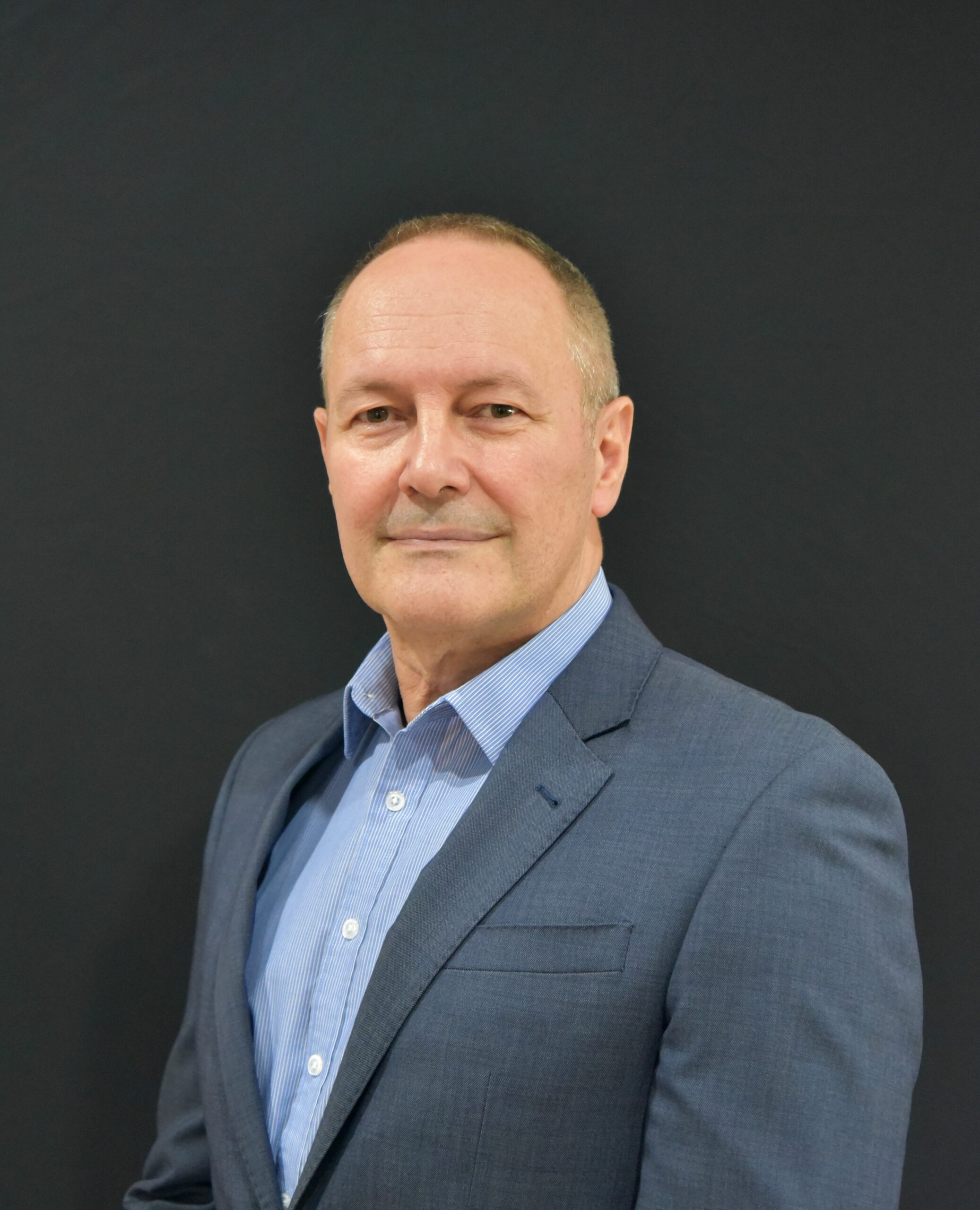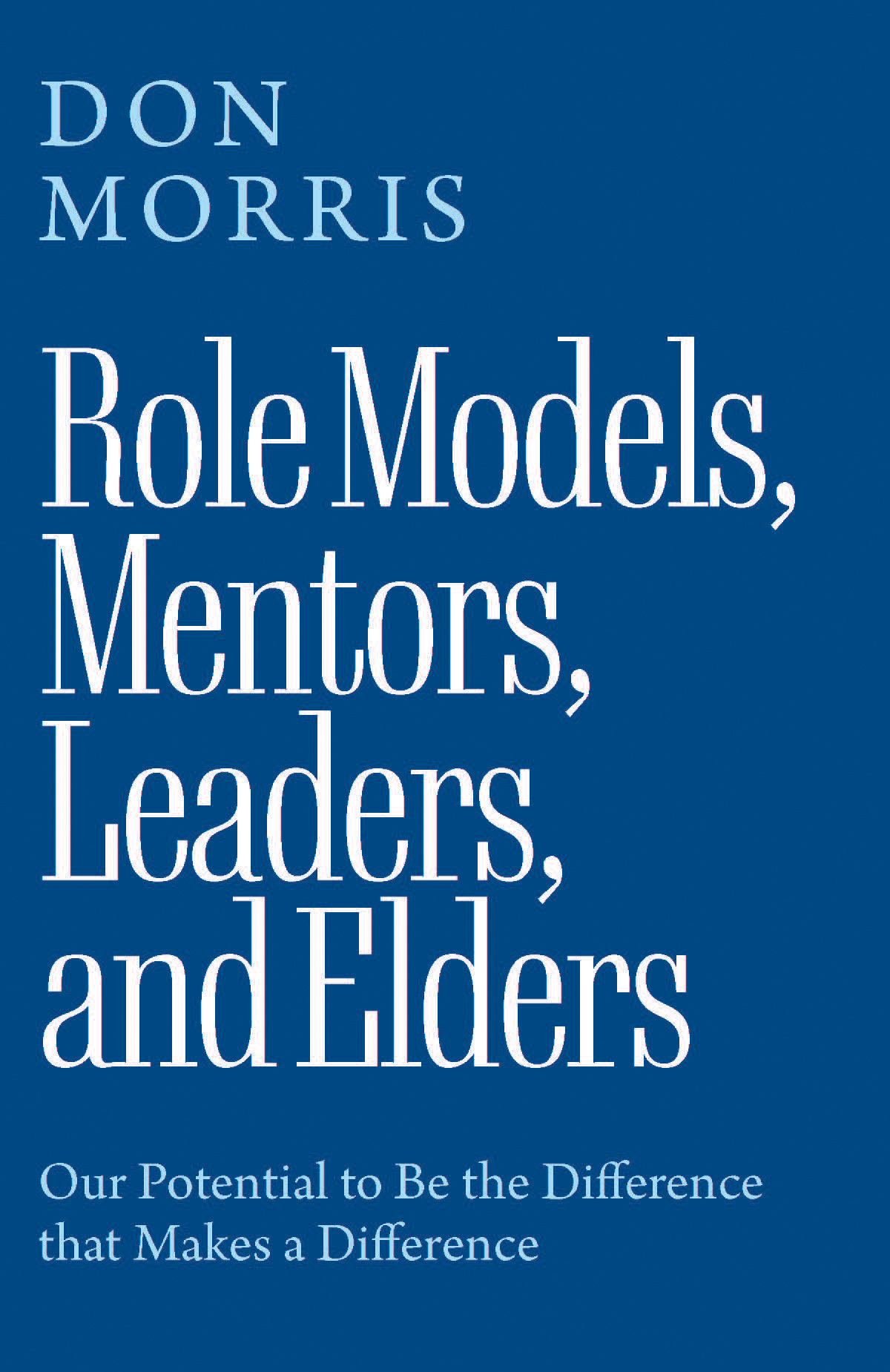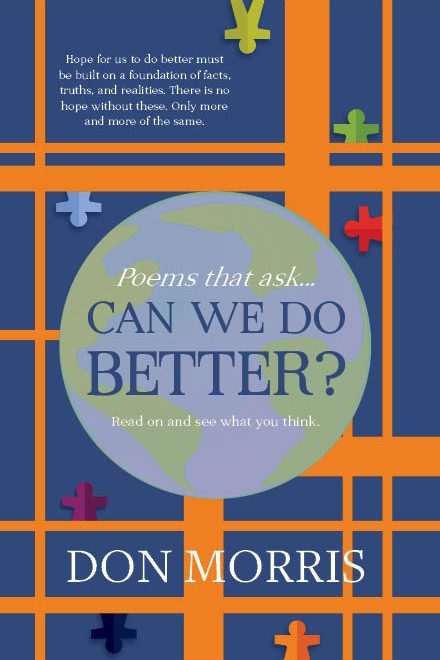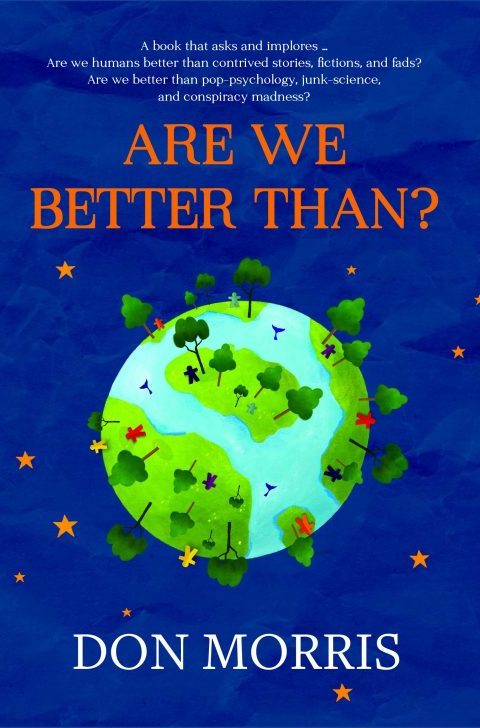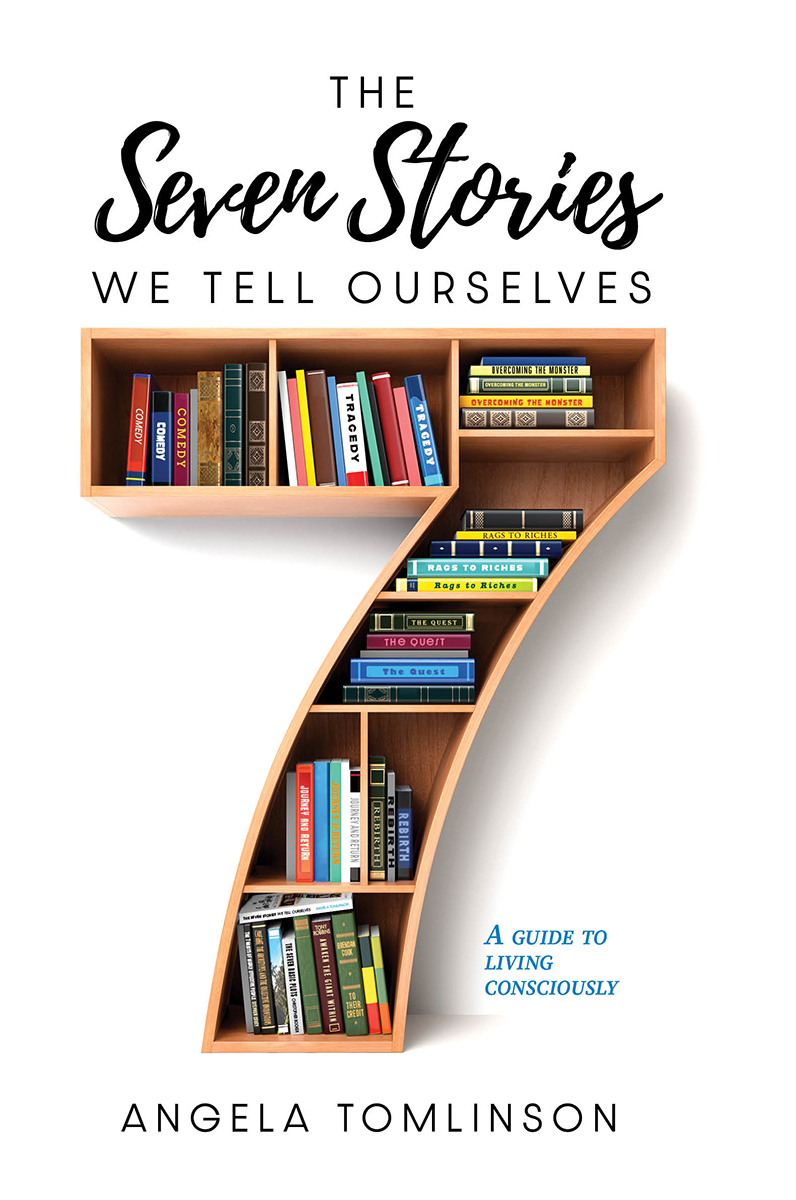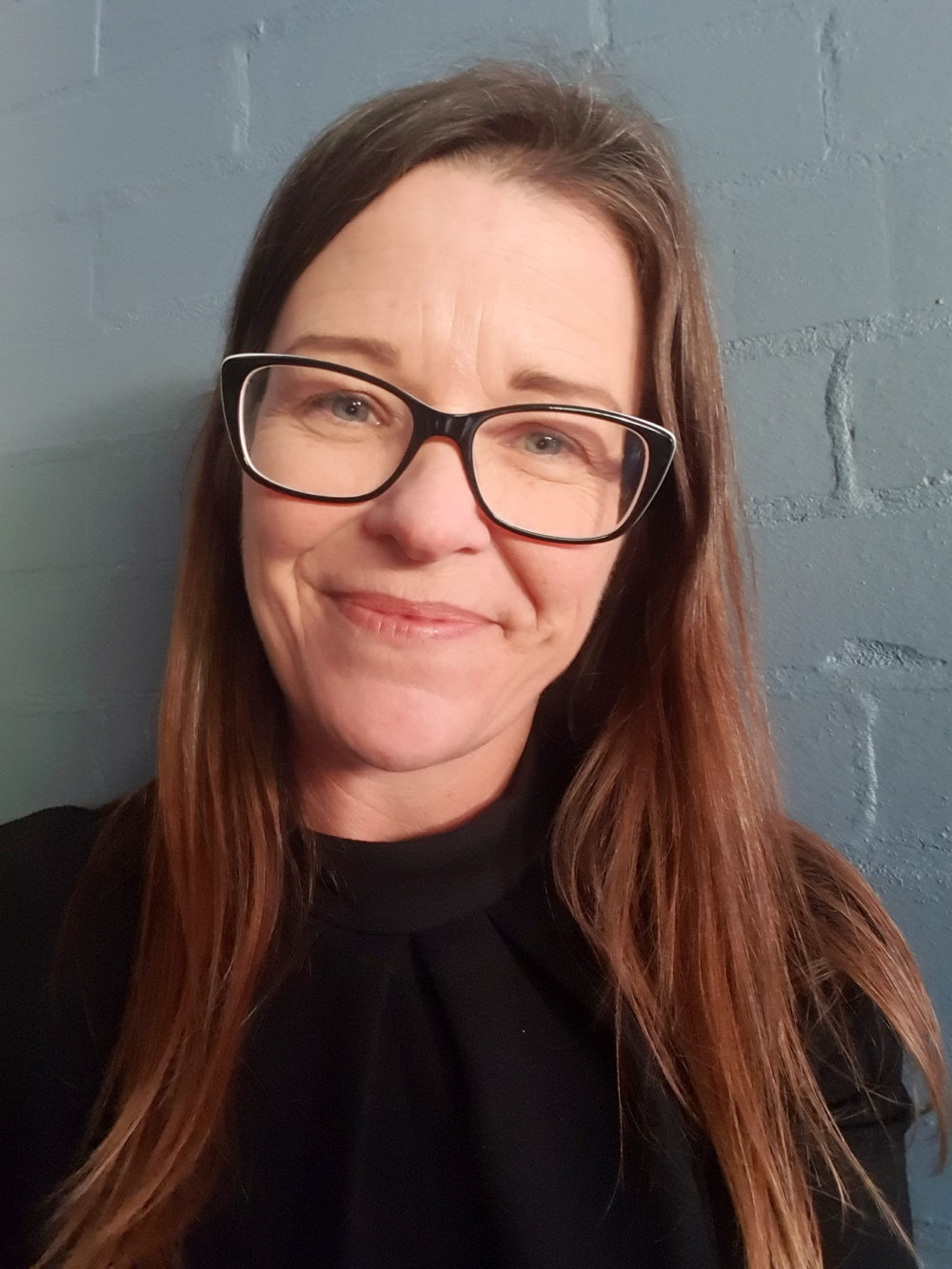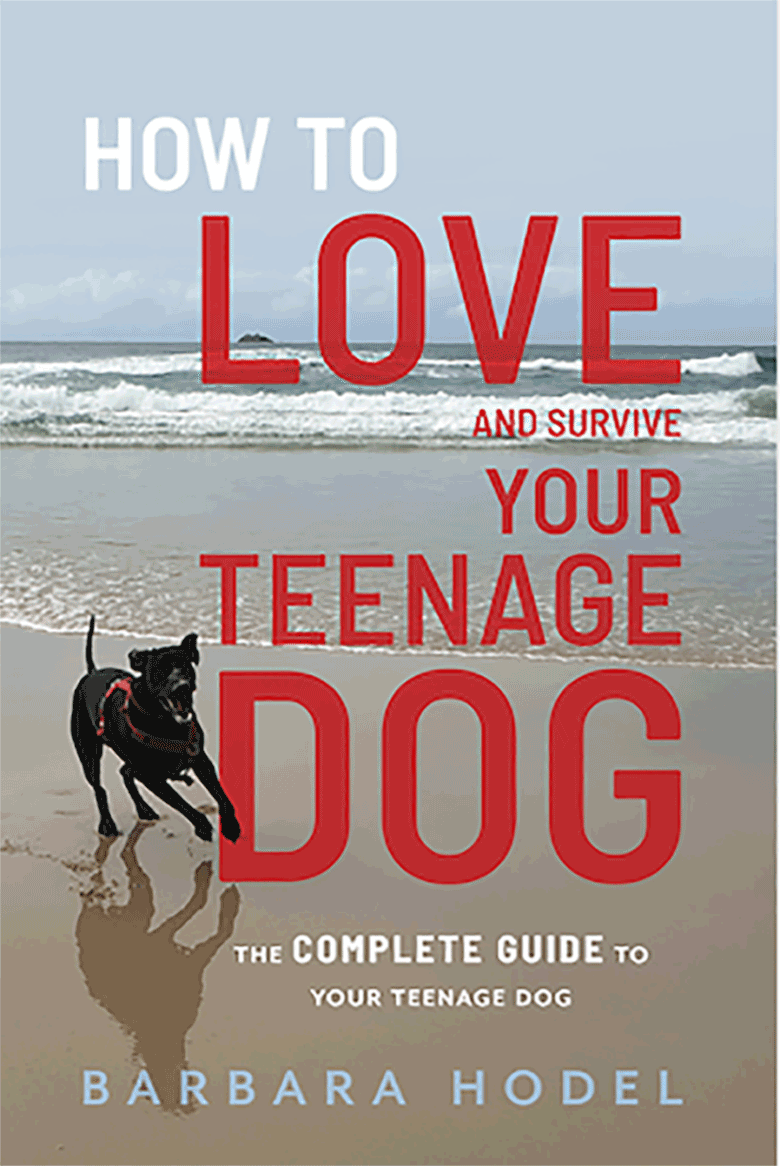McFARLANE, Paul
ISBN 978-1-923443-57-0
PAPERBACK
Koala Kindness
An Engaging True Koala Adventure Embracing Hope, Trust and Kindness
Join Dharug the young koala on an endearing true adventure. During a drought, Dharug is forced to leave the safety of home to find water. Tired and thirsty, Dharug stumbles upon a garden and receives help from an unexpected place. Danger, kindness and playful fun are seamlessly captured by camera and story.
Koala Kindness is a unique, engaging and educational read for all ages. To learn more about the author, check out his work and purchase his unique photographs, visit: koalamanphotography.com.au
We acknowledge the land we live and meet on is the traditional land of the Kaurna people. We respect their spiritual relationship with this land. We also acknowledge the Kaurna people as the traditional custodians of the Kaurna land.

About the Author
As a marketing and communications executive, Paul has worked around the printing and publishing industries all throughout his career. Now retired, Paul enjoys his days with his wife Susie, spending time with their three children and five grandchildren.
An award-winning photographer and gardener, Paul enjoys sharing his passion for life and nature through the images he captures and the stories he tells.
Fortunately, it was through his love of gardening that he encountered a koala in need and was able to capture for posterity Dharug’s unique story.
Please note the authors photos can be purchased online by visiting koalamanphotography.com.au/


